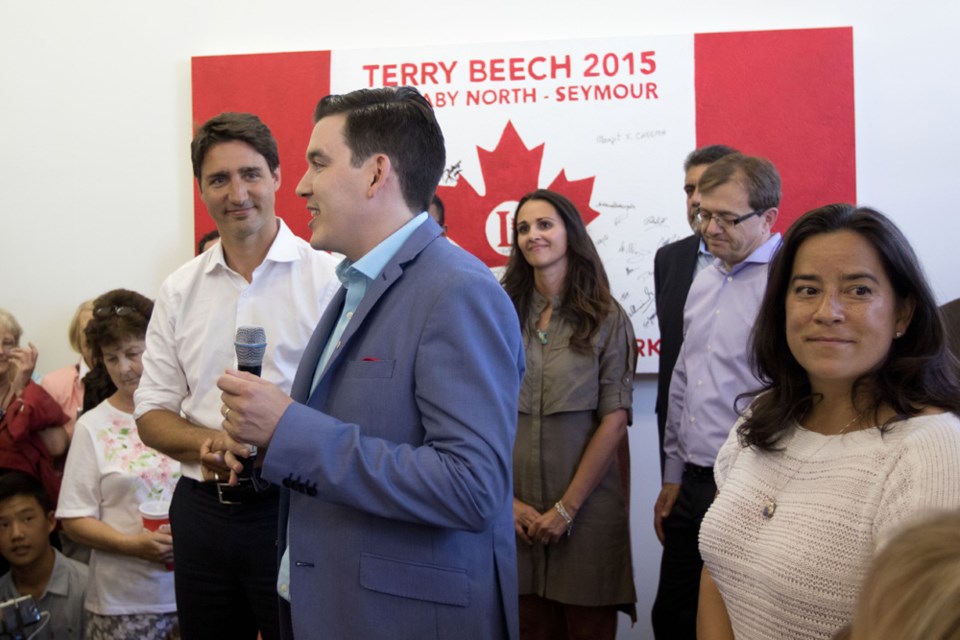The federal government could be getting back in the housing game for the first time in decades, and there may be some new units built in Burnaby.
Terry Beech, the Liberal MP for Burnaby North-Seymour, said his party will likely make good on election promises to reinstate funding for co-op housing subsidies, repair old building and create new units.
“We committed to renewing current co-op agreements in the platform. I believe we are going to follow through with that,” Beech told the NOW.
When and how the Liberals will deliver is still unclear.
In the meantime, Beech has asked Burnaby for a housing inventory to make sure the city gets its “fair share” of infrastructure funding.
Beech said Burnaby is also putting together a list of potential sites (on municipal, provincial and federal land) for new buildings.
“We’re talking about building new units, refurbishing (old) ones, and supporting Housing First initiatives, where we try to help the homeless find stable housing in order to deal with a plethora of other issues that stem from not having sustainable housing,” Beech said.
When pressed for details on any new housing projects for Burnaby, Beech couldn’t say much.
Thom Armstrong, executive director at the Co-operative Housing Federative of B.C., said building new housing would mark a “huge shift” for the feds.
“To somehow be investing in the creation of new co-op homes would be a very, very significant shift in housing policy, because … the federal government has maintained that the provincial government is wholly responsibile for taking the lead in the housing field,” Armstrong said. “If that’s the case, how do we make sure the two levels of government coordinate their investments so they get the biggest bang for their buck?”
The federal government got out of housing in the early 1990s, when funding to build new homes dried up, along with the network of affordable housing builders. Armstrong is hoping to see housing funding available in the March 23 federal budget, but he’s worried coordination may be lacking.
“If they don’t coordinate those strategies, it will just be a huge wasted opportunity,” he said. “Housing has always been the most complicated jurisdiction to roll out.”
There are 23 housing co-ops in Burnaby, comprising 1,748 households. The federation estimates 32 per cent of B.C.’s co-op units get extra money from the federal government, delivered through a variety of programs to help cover the cost of rent. Those rental subsidies are now running out. The last agreement is set to expire in about 2025, but the lion’s share will end in the next five years, with the peak being next year.



